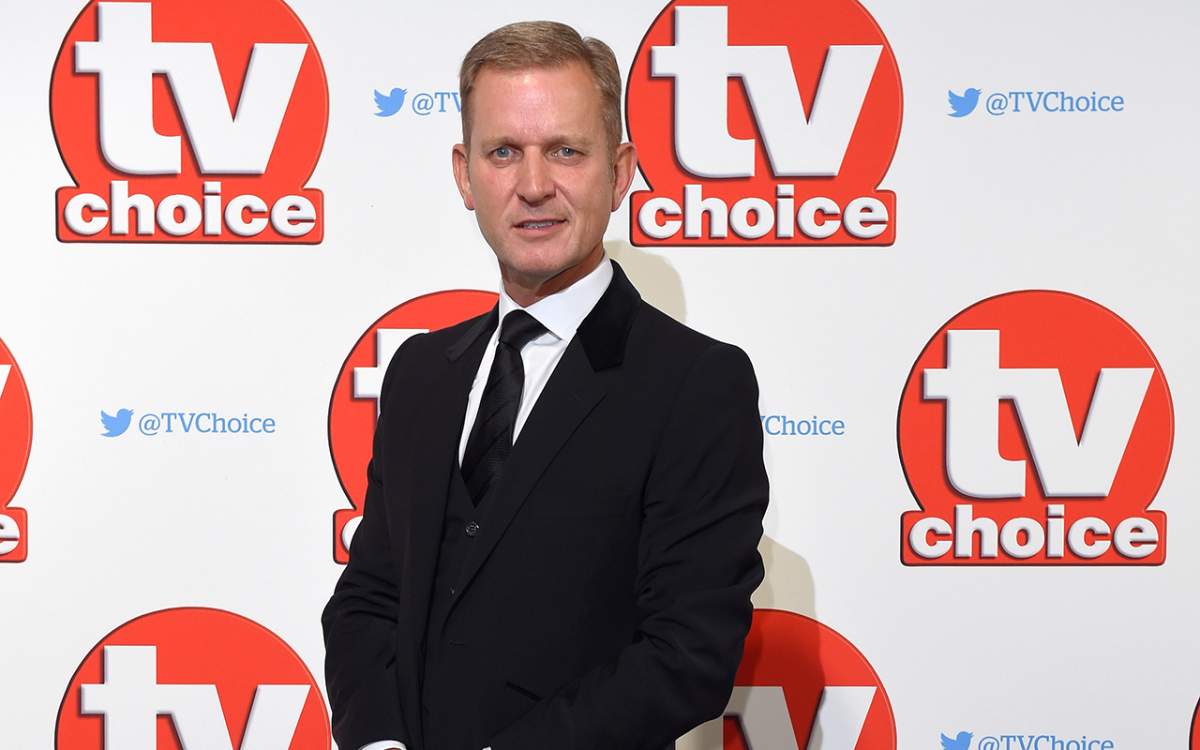WARNING: This article contains explicit information related to suicide and mental health that may not be suitable for all audience members. Discretion is advised.

British broadcaster ITV cancelled a popular, long-running daytime reality show on Wednesday after the death of a guest who failed a lie-detector test during a recording of the show.
ITV chief executive Carolyn McCall said production is permanently cancelled on The Jeremy Kyle Show “given the gravity of recent events.”
“The Jeremy Kyle Show has had a loyal audience and has been made by a dedicated production team for 14 years, but now is the right time for the show to end,” she added.
READ MORE: ‘Lethal Weapon’ cancelled after 3 seasons
The Jeremy Kyle Show was cancelled after Steve Dymond, 63, was found dead at a home in Portsmouth in southern England on May 9.
Media reported it was death by suicide. Police said the death was not suspicious, and a post-mortem will be held to determine the cause.
“Everyone at ITV’s thoughts and sympathies are with the family and friends of Steve Dymond,” McCall said.
The show often featured couples or friends accused of betrayal, and often, lie-detector tests were used to help settle disputes. Host Jeremy Kyle would read the results in front of his live studio audience.
On an episode filmed in early May, Dymond took a lie-detector test to try and convince his fiancée that he had not been unfaithful. He was told he failed the test.
Dymond’s episode on the tabloid-style talk show has not been aired.
The Jeremy Kyle Show’s official YouTube channel, Facebook, Twitter, Instagram and website had already been deleted.

Get daily National news
The YouTube channel for the show — which has over 1.6 million subscribers — is still visible when searching for videos, but when users click on the accompanying video, a message reads: “This channel is not available in your country.”
Dymond’s death has heightened concern in Britain about the stress put on people appearing on reality television and online shows as well as program makers’ duty to protect their guests.
READ MORE: Jenelle Evans’ son removed from home following alleged dog incident
It’s a debate that has raged, off and on, for close to two decades since Britain began making homegrown equivalents of sensationalist U.S. programs like The Jerry Springer Show and putting ordinary people under intense scrutiny on reality shows such as Big Brother.
ITV was already under pressure following the deaths of two former contestants, Sophie Gradon and Mike Thalassitis, on reality show Love Island. An inquest ruled Gradon’s 2018 death a suicide.
Gradon died by hanging last year after drinking alcohol and using cocaine, a coroner concluded in April.
An inquest has not yet been held for Thalassitis, who died in March.
Following the death of Thalassitis, ITV said its “duty of care is a continuous and ongoing process for each Love Islander.”
READ MORE: Who is YouTuber James Charles, and why has he lost millions of subscribers over 3 days?
Lawmaker Damian Collins, chairman of the House of Commons Digital, Culture, Media and Sport Committee, said the panel would discuss “what should be done to review the duty of care support for people appearing in reality TV shows” during a private meeting on Wednesday.
Simon Wessely, a former head of the Royal College of Psychiatrists, said shows like Jeremy Kyle were “the theatre of cruelty.”
“Yes, it might entertain a million people a day, but then again, so did Christians versus lions,” he said.
If you or someone you know is in crisis and needs help, resources are available. In case of an emergency, please call 911 for immediate help.
The Canadian Association for Suicide Prevention, Depression Hurts and Kids Help Phone 1-800-668-6868 all offer ways of getting help if you, or someone you know, may be suffering from mental health issues.
—With files from the Associated Press










Comments